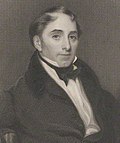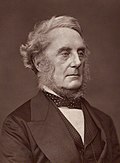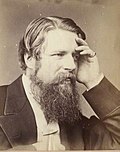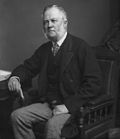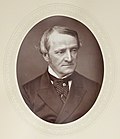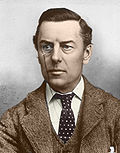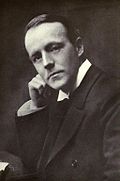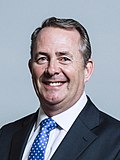History
The idea of a Board of Trade was first translated into action by Oliver Cromwell in 1655 when he appointed his son Richard Cromwell to head a body of Lords of the Privy Council, judges and merchants to consider measures to promote trade. Charles II established a Council of Trade on 7 November 1660, followed by a Council of Foreign Plantations on 1 December that year. The two were united on 16 September 1672 as the Board of Trade and Plantations.
After the Board was re-established in 1696, there were 15 (and later 16) members of the Board –the 7 (later 8) great officers of state, and eight unofficial members, who did the majority of the work. The senior unofficial board member was the board president, commonly known as the first lord of trade. The board was abolished on 11 July 1782, but a Committee of the Privy Council was established on 5 March 1784 for the same purposes. On 23 August 1786, a new committee was set up, more strongly focused on commercial functions than the previous boards of trade. At first, the president of the Board of Trade only occasionally sat in the Cabinet. Still, from the early 19th century, it was usually a cabinet-level position.
In 2020, there was an unusual appointment of a deputy president to assist the president. Still, the holder remained only an adviser to the board. [3] This appears to have been a one-off appointment, and this role no longer exists. [4] However, the president was previously assisted by the vice president. [5]
This page is based on this
Wikipedia article Text is available under the
CC BY-SA 4.0 license; additional terms may apply.
Images, videos and audio are available under their respective licenses.





























